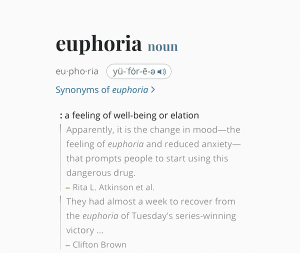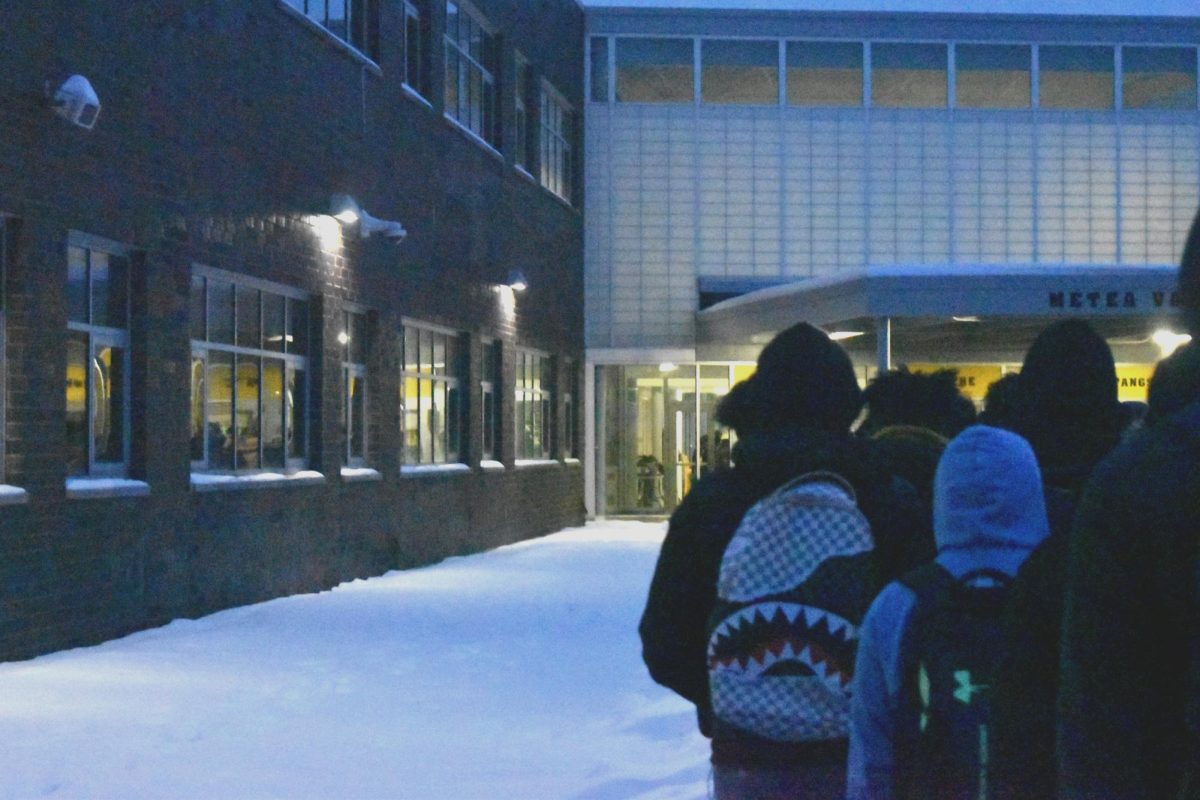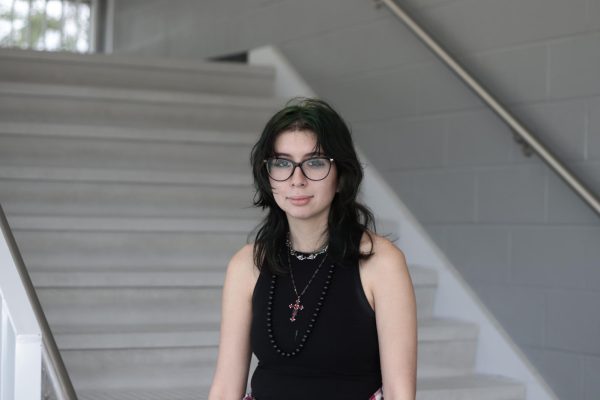Due to the current weather conditions in Aurora, the staff of Metea Valley have to work diligently in order to maintain the temperature and carbon monoxide levels inside the school building.
Despite its reputation for causing poisoning, small levels of carbon monoxide are exhaled by humans. In large buildings such as schools, and especially in highly populated areas in the school like the cafeteria and gymnasium, carbon monoxide levels are higher since many people gather together. However, these levels never rise to the point where it is dangerous for occupants inside the building since new air constantly circulates throughout the building.
During the colder months, carbon monoxide levels rise inside the school building as windows stay closed, which traps the gas inside the school building. Gerardo Nunez, the Facility Manager, and other staff members work diligently to maintain the carbon monoxide levels.
“So we have in our HVAC system, we have a sensor,” Nunez said. “We always have to create what we call a threshold or a parameter. So once that minimum rises above a setpoint, then we bring outside air, and we exhaust the amount of air.”
Failure to maintain carbon dioxide can decrease student learning and engagement. Exposure to small amounts of carbon monoxide can lead to headaches and nausea, which disrupt the learning process.
“Even if [the carbon monoxide level] is a little bit higher than the standard, you get sleepy and students don’t pay much attention to class,” Nunez said. “Also mechanical and electronic devices could fail.”
Besides maintaining the carbon monoxide levels, during the winter, Nunez and the faculty staff also have to be diligent with adjusting the heating system when necessary.
Principal Dan DeBruycker says that students and teachers complain about extreme temperatures in certain classrooms and applauds Nunez and his team for their hard work in resolving those complaints.
“We hear feedback, once in a while, from teachers about the temperature of the room being too hot or too cold, depending on the time of the year and what the temperature is outside,” DeBruyker said.
Metea utilizes a hot water loop heating system in which furnaces heat the water through convection. The system is used to read the temperature in a room and adjust it accordingly. This system has no negative environmental effects concerning the water that is used in the system. The water is constantly reused as it runs through a closed loop and rarely needs changing.
“The only reason [we would] get rid of that water is in case that, let’s say, a leak in the system, or we needed to do a repair and drain down section,” Nunez said.
Nunez and his employees – including 15 custodial workers, three maintenance technicians, and three housekeepers – navigate the system to meet student needs. Maintaining a comfortable temperature around the school building is a tedious and demanding task as false readings are constant.
To determine what temperature to set a room to, faculty utilizes a computerized system called the Building Automation System (BAS). However, false readings are common which can extend the process of setting the right temperature in every part of the school. False readings occur when a hot or cold source is placed near the thermostat.
“We can run into issues where someone might put a refrigerator too close to the thermostat in a room, and then that thermostat reads something and then it communicates to the system,” DeBruycker said. “That is what we have run into a couple of times.”
Nunez further explains this, “If there is a heat source nearby the thermostat – it could be a fax machine, it could be a printer – anything that creates some sort of heat, it will make [the system] believe that it is at the required temperature.”
DeBruycker admits that the false readings have been a time-consuming problem to solve since the heating system is built as small sections around the school and it is hard to maintain the correct temperature around the school.
“There are a lot of moving parts when it comes to such a large building and it’s not always perfect, but I appreciate all the staff’s hard work to create a safe and healthy learning environment,” Debruycker said.
Additionally, DeBruycker advises that students be prepared for a slightly colder or slightly warmer learning environment.
“Just as always, we appreciate everyone’s patience,” DeBruycker said. “And we hope that when weather is this severe in either direction people prepare to either be in a little bit of a colder space or a little bit of a warmer space based on the day, the temperature outside, and us, and our building needs for that day. So we appreciate everyone’s patience, considering the school is such a large moving system.”








